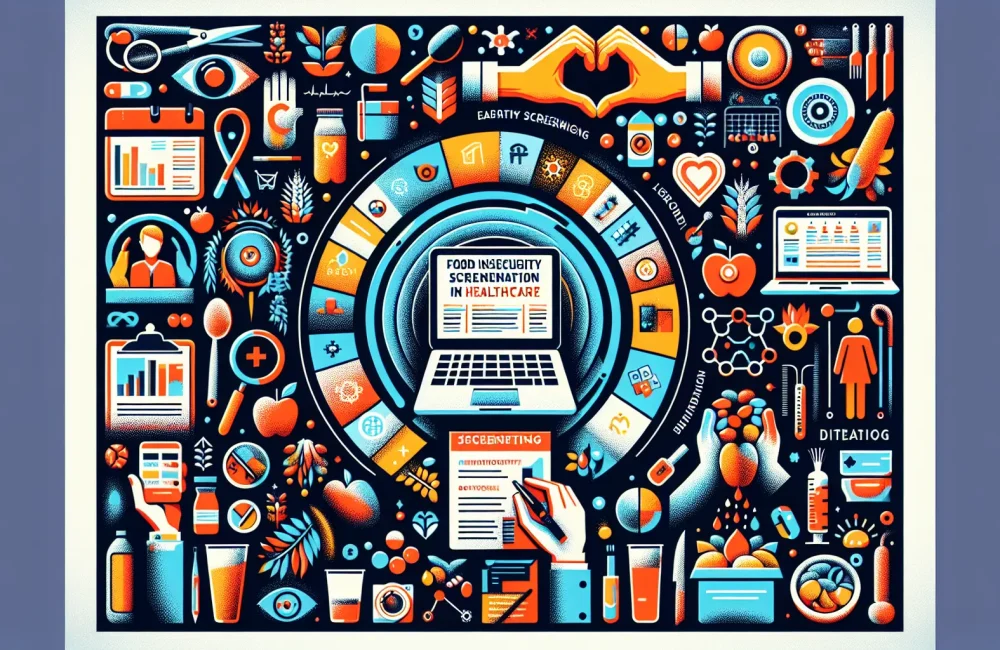By CAFMI AI From JAMA
Decline in Physical Health After Ending SNAP Emergency Benefits
This study evaluated the consequences on physical health following the cessation of Supplemental Nutrition Assistance Program (SNAP) emergency allotments, which temporarily increased food assistance benefits during a crisis period. The researchers observed a significant decline in food security among households previously receiving these emergency benefits. This decline correlated closely with worsening physical health indicators. Specifically, there were increased reports of chronic health conditions and a general deterioration in health status, signaling a setback in managing or preventing diseases that are sensitive to adequate nutrition and food availability. Clinical implications include recognizing the role of food security as a social determinant of health that directly influences chronic disease prevalence and management. Healthcare providers should be aware of the heightened risk for physical health deterioration in patients who have experienced reductions in food assistance.
Mental Health Deterioration Linked to SNAP Benefit Termination
Alongside physical health challenges, the study also uncovered a worsening of mental health outcomes among former recipients of the SNAP emergency allotments. After the emergency benefits ended, there was an observed increase in symptoms associated with depression and anxiety. These mental health changes are likely tied to increased food insecurity, which can exacerbate psychological stress and undermine emotional well-being. Clinicians, particularly those in primary care and mental health settings, should monitor patients for emerging or worsening mental health symptoms in the context of reduced food assistance. Additionally, it underscores the importance of integrating social needs screening and connecting patients to community food resources to support mental health.
Policy and Clinical Practice Implications for Ongoing Food Assistance
The study’s findings emphasize the critical role of sustained food assistance programs like SNAP in safeguarding both physical and mental health among vulnerable populations. The analysis used a cohort design comparing health data from before, during, and after the emergency allotment period, controlling for socioeconomic status, healthcare access, and baseline health factors, thereby reinforcing the causal link between benefit termination and poorer health outcomes. From a clinical standpoint, the results advocate for healthcare professionals to consider food insecurity as a modifiable risk factor during patient assessments, especially in the post-crisis period. Providers should incorporate counseling on nutrition and food access, screen routinely for food insecurity, and coordinate with social services to ensure continuity of support. On a broader scale, these findings support policy initiatives aimed at maintaining or expanding emergency allotments or similar programs to mitigate the health risks associated with sudden loss of food aid. Follow-up care and ongoing monitoring of patients impacted by these policy changes are essential to prevent long-term adverse health outcomes.
Read The Original Publication Here






